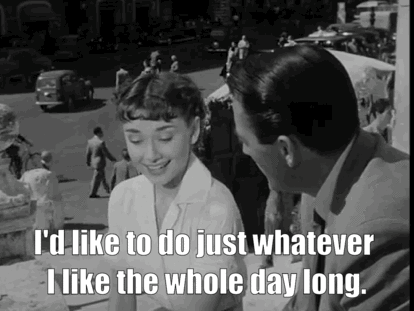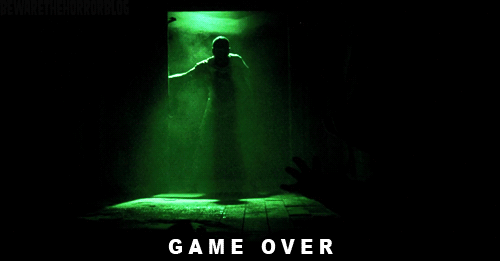Recalibrating
/Every now and again I like to take a post to reset with everyone here what my philosophy/viewpoint/goals are in regards to magic. I do this for a couple reasons. The first is because there is likely a slow evolution of those things going on with me, and it’s good to check-in on where I stand. The second reason is because there is a constant stream of new people coming to this site, and while I suggest reading the whole thing from the beginning, that can be a daunting/time-consuming task for someone who is new here. So a quick summary every year or so is probably a good thing. And finally, whenever someone writes me taking issue with something I’ve said, they almost always have no fucking clue of what my position is in regards to the subject they have a problem with. I think this comes down to some combination of poor reading comprehension and only having looked at a couple posts out of context because the regular readers of the site have very little issue following along.
I
So, the first point to make is that this site is meant to be about one person’s journey. It’s not intended to be prescriptive. That being said, I’m probably performing more social/amateur magic than anyone in the world, so you may want to give some consideration to my thoughts on that subject even if you’re initially skeptical, just as you’d give some weight to Doc Eason’s thoughts on bar magic. But I’m not trying to convince you or give you advice. You do you.
(Although when it comes to the things we’ve put through focus-group testing, I have a high level of confidence in those things. And I think it would be odd to wholly reject those results—some of the only testing of methodological and presentational techniques in magic—just because your instincts tell you to disagree.)
II
The second important concept when reading this site is that I’m talking specifically about amateur magic, and amateur/social magic is a very different thing than a professional performance. At least it should be, in my opinion. The distinction should not be between paid and unpaid. The distinction should be between performance and interaction. Professional shows will feel more like a performance, social magic should feel more like an interaction. You won’t be able to strip all the performance elements out of social magic, but it benefits from doing so as much as you can. These elements include:
spotlighting the performer
scripted patter
planned jokes and bits
obvious props
These all make perfect sense for a professional performance. But they take away from the feeling of interaction, which is the goal in amateur/social magic. (Unless you want to do things that feel like “performances” but just in casual situations. If that’s your goal, then feel free to take on all the trappings of a performance.)
III
The final “important piece” to understand this site is perhaps the trickiest to explain. A lot of people will read my work and they’ll see the time and effort I’ve put into certain things, and they’ll imagine my goal is to get people to experience “real magic” in some sort of mystical, esoteric way. That’s not my intention at all. My goal is simply to give the people I perform for a better experience by giving them more interesting fictions.
For me, the failing of magic is that most of the time the story comes down to this: “I’m the magician and I’m an incredible guy.” It’s just not that interesting. And it’s certainly not interesting long term, which is something the amateur needs to concern him/herself with because they may be performing to these people for decades.
There’s a difference between the feeling of being fooled and the feeling of experiencing something magical. And, in my opinion, the way to get people to have the “magical” feeling is through stronger narratives. And by that I don’t mean coming up with some horseshit story to accompany your Gypsy Thread routine; that only takes away from the magic. But if you put the trick itself in a narrative where things are unfolding in the real world, then people can get caught up in it. And getting caught up in a magic trick, leaves people open to feeling that magical feeling, just like getting caught up in a horror film leaves someone open to feel terror.
The goal is not to make them “believe” anything is real (just like the goal of the horror film isn’t to pretend it’s a documentary). The goal is just better entertainment. And better entertainment through magic doesn’t come from being fooled harder (we already know how to fool people), it comes via a more engaging narrative (context).
If you buy into that premise, then here is where it gets fun. For the amateur/social magician, the narrative does not need to begin when the trick does, and it does not need to end when the trick ends. You can set up the narrative two weeks before the trick. You can have tricks that take place over the course of a year that all have the same umbrella narrative. You can have callbacks to a narrative you established long ago. You can weave different narratives in and out of your life and your interactions with people. More on that to come.
Ok, so there we go. Now everyone is caught up. No stragglers. Let’s explore more…









